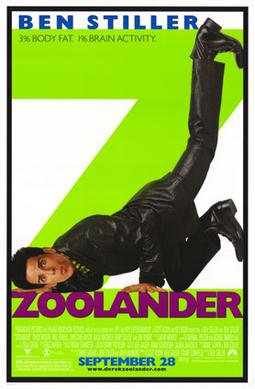Facebook has interested me ever since my daughter Rachel met her husband there in December of 2005. Back then, however, it was open only to college students. When Mark Zuckerberg announced in September 2006 that Facebook was opening to anyone with an email address, I thought about joining, but didn’t want to be among the first middle-aged guys hanging out with the college kids. I also wondered whether opening the membership to everyone would make it less cool for the original audience.
A little over a decade ago, the internet itself was seen by many purists as a pristine environment into which commercialism should not be allowed to intrude. I wondered whether similar feelings about Facebook being used for business might cause the Facebook crowd to flee to some yet-to-be developed site.
I’ve continued to follow Facebook’s development, although from a safe parental distance, and was particularly interested when I heard about how the site had opened up its API and, in contrast to MySpace, is actually allowing application developers to make money on its platform. As Zig Ziglar says, “You can get anything in life you want if you help enough other people get what they want.”
With applications such as iLike for music and myTV for video (which lets you find and add YouTube videos to your Facebook page without leaving Facebook), Facebook is embracing that Zig Ziglar maxim. Facebook has built a platform and is creating a place where people can connect in communities, and where software developers can share applications that will be of interest to those communities. Business seems to be welcome as long as it is adding to the user experience.
So, I finally needed to see it for myself, and signed up for an account. Part of my job at Mayo Clinic is understanding new media and social media and their possible business uses. But the highlightof my experience with Facebook so far is my daughter Ruthie was the first one to add me as a friend. And I also connected with a high school classmate and (assuming he responds favorably to my friend request, to a basketball teammate from my first year of college.)
I’m on LinkedIn, too, and I also signed up for MyRagan.com, but I have to say that Facebook has huge advantages.
I can’t get over how easy and intuitive Facebook is to use. For one thing, when you add to your school or work history, you don’t have multiple unnecessary confirmation dialogs and page refreshes to confirm information you just typed in. Facebook assumes you got it right when you typed it, and if you didn’t you can easily edit. But on lots of other sites it seems they’re just finding ways to multiply page views. Facebook instead holds your attention by being dead-simple and fast to use.
I think LinkedIn will be a service I will want to keep because it is broadly professionally oriented, and I look forward to doing more exploration with MyRagan (for professional communicators.) Both will be values for me (especially since they’re free!), and will be be worth investing some time.

But I can seriously see how people will spend lots of time on Facebook. It’s where my kids live. And I agree with those who say there is a limit to how many social networks people will be interested in joining. So when you have a site like Facebook that makes it incredibly easy to start a new group (one of my favorites is one Ruthie joined, “Derek Zoolander Center For Kids Who Can’t Read Good”), that’s going to trump a new social network site a company may want to start. I admire what Mark Ragan and his company did with MyRagan.com, but I think it’s going to be increasingly difficult for new stand-alone social networking sites to get started.
Having said that, one benefit of a MyRagan-like site is for professional interests. If you search for “Media Relations” on Facebook, you get 195 possibilities of groups to join. With a site like MyRagan, you aren’t going to have people joining frivolously, so it’s a good place to have serious discussions on a professional topic. However, Facebook has 30 million users, so if you want to connect with the general public, not just people in your own profession, you can use Facebook to reach networks of networks.
You can’t count out MySpace, with its more than 100 million users, but clearly Facebook has the momentum and is creating a win-win-win environment for its users, for partner businesses and for itself.
When I heard a few months back that Zuckerberg had turned down a reported $1 billion (or $1.6 billion) from Yahoo for Facebook, I thought he was making a mistake. Now I think it was a smart move.
 Technorati: Facebook, Social Networking, MySpace
Technorati: Facebook, Social Networking, MySpace
We’re looking forward to seeing you on MyRagan.—Michael Sebastian, MyRagan editor
What specific value have you found with LinkedIn? I was invited to join by an informatics colleague a while back, but haven’t done much with my page…it felt an awful lot like a place for executive recruiters and others to get info that I might prefer to share in a different way. Unless you _want_ me to find a job elsewhere… (-:
CP
Actually, right now we’re in the midst of hiring for a position (Translational Research Communications Consultant), and I think LinkedIn might be a good resource…we’re checking that out with HR. I’m just starting to explore other applications of LinkedIn.